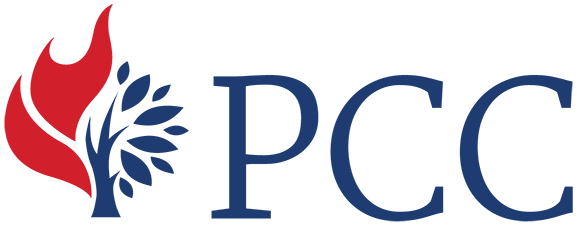God is always calling the church to seek God’s justice in the world. All the church says, does, and is silent on stands as a public witness to how the body of Christ lives and acts, and what it desires for the world. The church properly uses its voice to call on elected officials to help shape a world where all creation, including humans, may flourish. This page contains letters to the government which are part of the church’s public witness on social justice issues. We encourage you to explore the letters and issues below to learn more about this important aspect of witnessing as the body of Christ. For more detailed information about church positions on social justice issues, visit the Social Action Hub. Click here to jump to the letters archive on mobile devices.
Letters from the Past Year
Letter from the Moderator Concerning the Violence between Hamas and Israel
This letter to the Prime Minister of Canada, the Right Honourable Justin Trudeau, conveys the Presbyterian Church in Canada’s deepening distress and grief at the violence between Hamas and Israel and the mounting civilian death toll in Gaza, the occupied West Bank, East Jerusalem and parts of Israel. The letter urges the Government of Canada to meet its commitments and responsibilities within the context of upholding international law and human rights equally for all people by calling for an immediate ceasefire that includes both Israel’s bombing of Gaza and Hamas’ firing of rockets into Israel, the immediate and safe release of all hostages and the opening of safe corridors to provide humanitarian relief to people in Gaza, among other appeals.
Support for LGBTQI+ People Worldwide
This 2023 ecumenical letter conveys support for the Government of Canada’s efforts to stand with the LGBTQI+ community in Uganda by calling on the Government of Uganda to revoke the 2023 Anti-Homosexuality Act. The letter also encourages Canada to continue supporting LGBTQI+ people around the world through advocacy, pathways to securing refugee status, international assistance and humanitarian aid.
Letters from 2022
Protecting the Rights of Migrant Workers
This 2022 letter advocates that the government develop pathways to permanent residency for migrant workers and processes to regularize undocumented migrant workers to better protect worker’s rights and decrease opportunities for exploitation.
Reconciliation – Healing Centres
This 2022 letter encourages the government to take action on the Truth and Reconciliation Commission’s Call to Action 21 regarding the need for healing centres to address the harms caused by Residential Schools and colonization.
Housing and Domestic Violence
This 2022 letter advocates for supports, and especially for safe affordable housing, for people who are trying to escape domestic violence.
Housing Crisis
This 2022 letter advocates for a rights-based approach in affordable housing strategies and the need to address systemic barriers faced by Indigenous and racialized people who are at greater risk of housing insecurity.
Global Vaccine Equity
This 2022 letter advocates for domestic vaccine development capacity and that a fixed portion of all vaccines produced in Canada are allocated to low- and middle-income countries that face barriers to adequate vaccine supply.
Climate Crisis (Response )
This 2022 letter advocates for research and funding for communities at risk from the climate crisis and the need for the oil and gas sector to reduce carbon emissions and supports a just transition for people affected by a transition to a low-carbon economy.
Oil Spill Cleanup: FSO Safter
This 2022 letter encourages the Government of Canada to pledge support for the cleanup of the oil spill from the FSO Safter, anchored off the coast of Yemen.
Letters from 2021
Missing and Murdered Indigenous Women and Girls
This 2021 letter communicates the church’s acceptance of the findings of the National Inquiry into Missing and Murdered Indigenous Women and Girls as expressed in its final report and seeks information about how the government will implement its Federal Pathway to Address Missing and Murdered Women, Girls and 2SLGBTQQIA+ People plan.
Supporting the Joint Statement on the Physical Punishment of Children and Youth
This 2021 letter to the government communicates church support of the Joint Statement on the Physical Punishment of Children and Youth , advocating for the repeal of Section 43 of the Criminal Code, which allows for corporal punishment of children.



